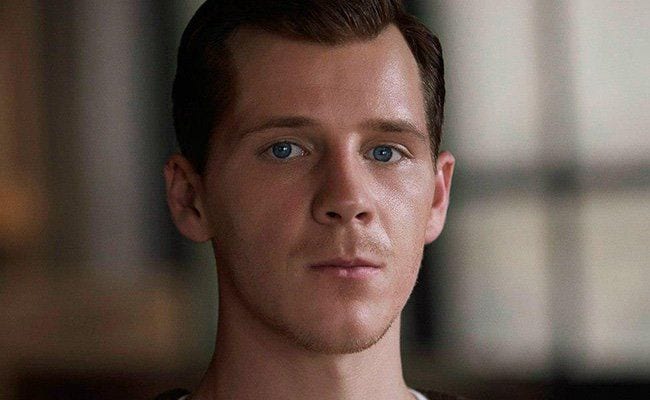
An advantage of 11.22.63‘s adaptation is that it allows perspectives that weren’t possible in the novel’s format. 11.22.63 is the rare Stephen King work that uses a first-person point-of-view; many of his most famous works: The Stand, Firestarter, The Shining (to name a few), opt for a third person, semi-omniscient narration that can focus in on any number of characters. While such a POV allows a greater story scope, it also can limit the depth of individual characters. On the other hand, first person allows greater intimacy, but limits the understanding of the other actors in the narrative to the insights of one person.
It makes sense, however, given the scope of events baked into the premise of the novel, to limit perspective. The Kennedy assassination is too big and too unwieldy of an historical event in and of itself; for the story to work, it must be personalized.
Television, of course, is an entirely different animal. While a series may limit itself to a single protagonist / antagonist dyad, I can’t think of a single example in which it represented the only characters in a series. (Unless those characters are amazingly compelling, such a set-up would get old fast.) 11.22.63 is primarily focused on Jake and his quest, and as such, many of the perceptions of the other characters are filtered through his perspective, but the series allows scenes and moments absent of the main character not possible in the novel.
“Happy Birthday, Lee Harvey Oswald” is a prime example of this. The episode actually starts out from the perspective of Oswald (Daniel Webber), as he procures a job at the Texas Book Depository, visits his estranged (and noticeably pregnant) wife, Marina (Lucy Fry), and practices target shooting at the gun range. Six months has passed between this episode and “The Truth”; it’s clear that the pieces are falling into place for the final confrontation in Dealey Plaza.
It’s also clear that things are falling apart. Bill (George MacKay), who’s never been the most steady or focused companion, is clearly obsessed with Marina, and has made friends with Lee. While the questions he asks a horrified Jake (James Franco) are valid — such as why a man who hated General Walker would also hate Kennedy — he seems less driven by the truth and more by emotion. Jake’s attempt to reason with him is met with “Fuck you, fuck your mission, and fuck JFK” and a gun pointed at his head. (Jake later turns this outsized emotion against Bill when he has him forcibly committed to a mental institution, suspecting that the two of them may have changed the past enough for Bill to be the second shooter.)
What’s worse is that the Yellow Card Man (Kevin J. O’Connor) makes another appearance, just as Sadie (Sarah Gadon) is about to undergo her final facial surgery. Whether this is a way to keep Jake from changing the past, or whether it indicates Sadie plays an important role in events remains to be seen. Although readers of the novel know the answer to that question, there’s a chance that it’ll play out differently in the series.
Depending on your perspective, that’s either the good or the bad part of this miniseries. Most of the important pieces of the story in the novel are present here, but in slightly different configurations. In the novel, for instance, it’s Johnny (T. R. Knight) who’s committed to a mental hospital; in the series, it’s Bill. Bill himself played a completely different role in the novel, as well as being approximately 40 years older. In such instances, one has to determine whether the source material and the adaptation at least resonate with one another. In my view, they do.
Although the episode title seems to imply that the episode would primarily focus on Oswald, he still remains a mystery at the end of the hour. As I asserted in my review of “The Eyes of Texas”, however, I do believe this is by design. Oswald’s motivations and characterization can never be clear, because they never really were; King, as well as showrunner and episode writer Bridget Carpenter, smartly play with this concept, answering only the questions (such as George de Mohrenschidlt’s [Jonny Coyne] role in events), that have fairly definitive historical answers.
As for the merits of the episode itself, the direction and the narrative feel significantly tighter in this episode than in “The Truth”. Veteran director John David Coles combines dark set pieces – such as the scene in the alley near the end of the episode — with distance shots (the approaching car as Jake asks Sadie over the phone to marry him, Jake’s observation of Bill and Oswald) that underscore the surveillance aspect of Jake’s mission in a way that adds to the growing sense of menace. At this point, nobody feels safe; bad for them, good for the viewer.

